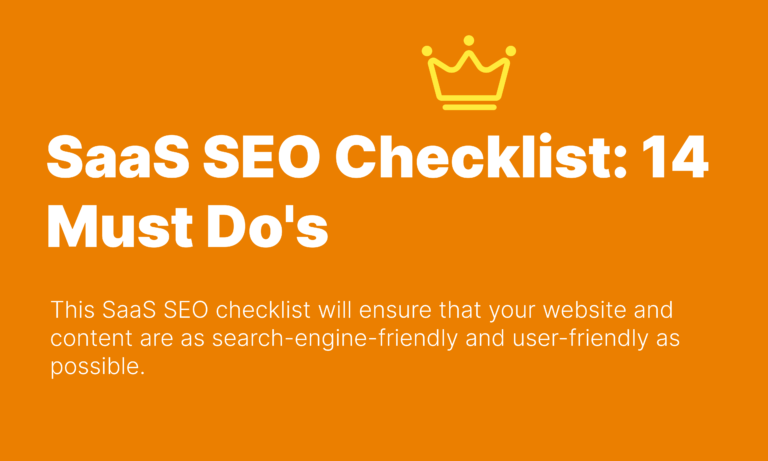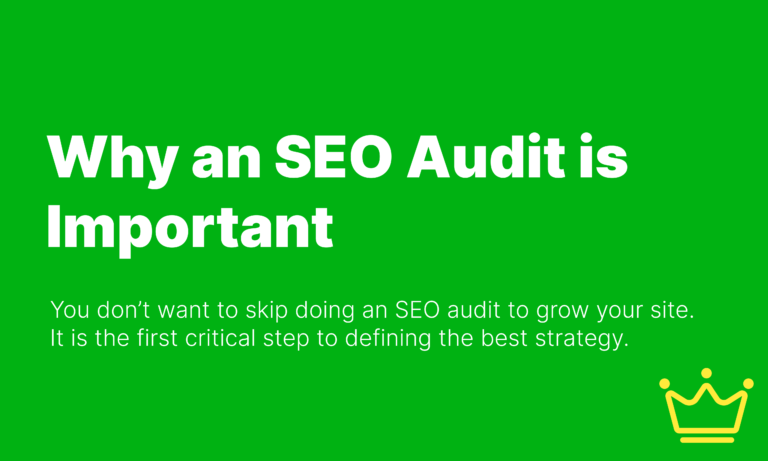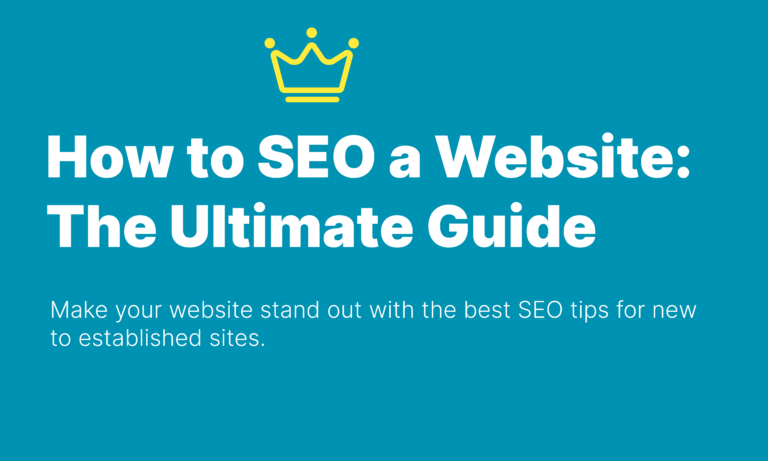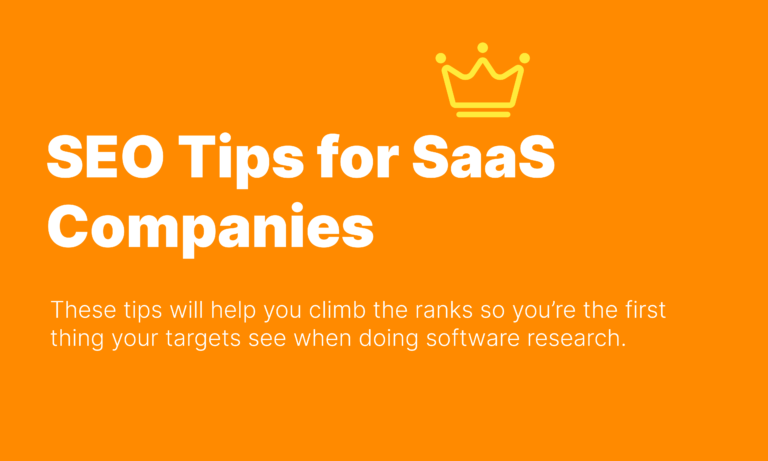Why Learn SEO in 2023: Is It Still Worth It?

Will SEO get your business more revenue? If you do it well, then yes.
In a rapidly evolving digital landscape, the question of whether learning SEO (Search Engine Optimization) is still worth it looms large. With algorithm changes and constant updates to search engine platforms, the SEO landscape has transformed over the years. In this article, we’ll explore the significance of learning SEO, considering its impact, relevance to businesses, and why it’s more important than ever to start this journey.
Why Learn SEO
SEO is the most important skill set you can learn to make your website or content more visible in search engines such as Google or even TikTok. Learning SEO will help you determine the right keywords you need to target, where to use them, and what technical tweaks you need to do to help search engines determine what is your content about, its quality, and its relevance to search queries.
Whether you want to learn SEO for your own business or someone else’s, optimizing for organic traffic is proven to be a reliable channel for acquiring new customers.
Why Not Learn SEO
Instead of learning SEO on your own, you can hire an SEO agency to do the work for you. This way you don’t have to wait until you master this discipline to see improvements in your site. Outside of this scenario, you should learn this skill or at least be familiar with some of the main best practices.
The Impact of SEO
To grasp the full scope of SEO’s importance, consider these compelling statistics:
Organic traffic represents 53% of a website’s traffic.
In other words, more than half of the visitors to your website come from organic search results, making SEO a potent driver of web traffic.
93% of web experiences start on a search engine like Google.
This statistic underscores the pivotal role search engines play in shaping users’ online journeys. If your website is not optimized for search, you risk missing out on a vast audience.
75% of people don’t go past the first page of the Google search results.
This fact highlights the fierce competition for visibility on the first page of search results. If your website doesn’t make it to this coveted space, you might as well be invisible to most users.
The first organic search result on Google gets 31.24% of clicks.
Being the top result can make or break your online success. Users tend to trust and click on the first result they see, emphasizing the importance of ranking high in search results.
On average, internet users search on Google 3 or more times a day.
Google has become the go-to source for information and solutions, making it a prime platform for businesses to showcase their offerings through effective SEO.
97% of search engine users search to find a local business.
For local businesses, SEO is a lifeline. Ensuring that your business appears in local search results can be the difference between thriving and fading into obscurity.
28% of searches looking for a local business result in a purchase.
Local SEO not only drives traffic but also converts it into valuable transactions. Ignoring this aspect of SEO can be detrimental to local businesses.
Why Learn SEO for Businesses
Now that we’ve established the immense impact of SEO, let’s explore why it’s particularly crucial for businesses.
Increase your website visits
One of the primary goals of any website is to attract visitors. Whether you’re an e-commerce store, a blog, or a corporate website, increased traffic can translate into higher engagement and conversions. SEO is the key to achieving this goal.
Optimizing your website’s content, structure, and meta-information, will improve your search engine rankings. When your website appears higher in search results, it’s more likely to attract clicks from users actively seeking information or products related to your niche. These clicks can translate into valuable leads, sales, or engagement with your content.
Be more visible locally
Local businesses, in particular, stand to gain significantly from SEO. Local SEO strategies help businesses appear in search results when users are looking for products or services in their vicinity. Imagine you run a neighborhood bakery; local SEO can ensure that when someone nearby searches for “fresh bread,” your bakery’s website is among the top results.
Optimizing your website for local search terms, setting up a Google My Business profile, and garnering positive online reviews are all part of the local SEO toolkit. These efforts can boost your visibility in local search results, driving potential customers to your doorstep.
Get found by your potential customers
In the vast digital landscape, it’s easy to get lost in the competition. SEO equips you with the tools to stand out and get noticed by your target audience. When someone types a query related to your industry or niche, you want your website to be the answer they find.
By conducting keyword research and crafting high-quality, relevant content around those keywords, you can position your website as an authoritative source. This not only attracts organic traffic but also establishes trust and credibility with your potential customers. When users find your website helpful and informative, they’re more likely to engage with your brand and convert into loyal customers.
Other Factors to Consider to Learn SEO for Beginners
Below are other things that also explain why you want to start learning this skill that won’t go away in a lot of time.
1. Ever-changing algorithms
The dynamic nature of algorithms makes learning SEO more crucial than ever. Major search engines like Google frequently roll out updates, both announced and unannounced, that can dramatically impact website rankings. For instance, Google’s core algorithm updates can cause significant shifts in search results, reshuffling the digital landscape. This means that what works for SEO today may become obsolete tomorrow, emphasizing the need for adaptability.
Why is it imperative to learn SEO in this ever-changing landscape? The answer lies in maintaining ranking stability, gaining a competitive edge, and focusing on user experience. Staying informed about algorithm updates and promptly adjusting your SEO strategies is key to keeping your website’s ranking consistent. Furthermore, understanding how algorithms evolve allows you to outperform competitors who might still rely on outdated SEO techniques. In the modern SEO landscape, algorithms increasingly prioritize user-centric signals, such as page load speed and mobile-friendliness.
2. Growing competition
Businesses of all sizes are flocking to the online sphere, recognizing its potential to reach a vast global audience. This heightened competition means that simply having an online presence is no longer enough to guarantee success. Learning SEO is vital because it equips you with the tools to stand out in this crowded digital crowd.
The rise in competition applies to virtually every industry and niche. Whether you’re running an e-commerce store, a local service business, or a niche blog, you’re likely to face fierce competition vying for the same audience’s attention. Effective SEO strategies can give you a competitive edge by improving your visibility in search results, attracting organic traffic, and ensuring that your brand remains relevant. Without a solid SEO foundation, your online presence may get lost in the sea of competing websites, making it challenging to reach your target audience and achieve your business goals.
3. Mobile-first indexing
With the widespread adoption of smartphones and tablets, more people access the internet via mobile devices than ever before. This shift in user behavior has prompted search engines, most notably Google, to adopt a “Mobile-First” approach to indexing and ranking web pages. Learning SEO is essential in this context because it involves adapting to this mobile-driven world.
Mobile-first indexing means that search engines prioritize the mobile version of a website when determining its search engine rankings. If your website isn’t optimized for mobile devices, you risk falling behind in search results, as search engines aim to provide users with the best possible mobile experience.
4. Voice search and AI
The rise of voice search and AI-driven assistants like Siri and Alexa has changed how users interact with search engines. Understanding the nuances of voice search SEO and adapting your content to cater to voice queries is essential to stay relevant.
5. Content quality and relevance
Search engines are increasingly emphasizing the quality and relevance of content. Simply stuffing keywords into your content is no longer effective. Learning how to create high-quality, user-centric content that aligns with search intent is a critical skill for modern SEO practitioners.
6. Local SEO for brick-and-mortar businesses
For local businesses, the importance of local SEO cannot be overstated. As consumers rely on online sources to find nearby products and services, optimizing your online presence for local search is vital. Learning the intricacies of local SEO can make a substantial difference in your business’s success.
7. Data-driven decision-making
SEO is no longer a shot in the dark. It’s a data-driven discipline that relies on analytics and insights to make informed decisions. Learning how to interpret SEO data and use it to refine your strategies is integral to achieving sustainable results.
Start Learning SEO Today
Today is the best day to start learning SEO. This valuable skillset will help you grow any type of business online. Make sure you browse through our blog to find the best guides for SEO.






